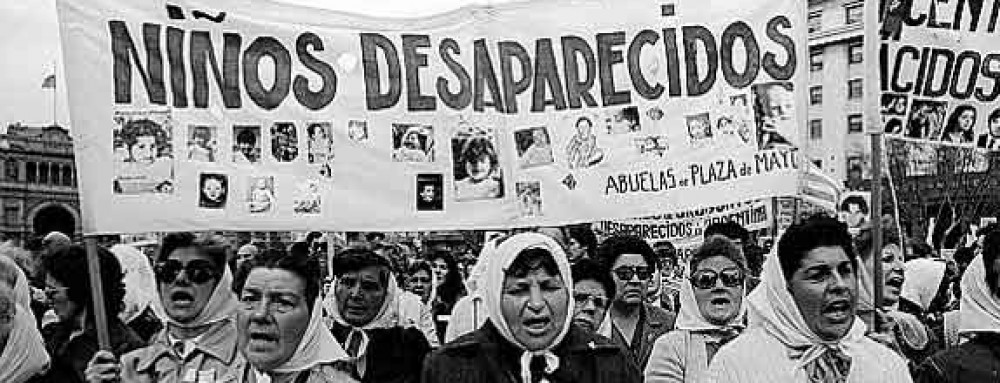One of the more moving days was our visits to D2 and La Perla, where we got an insight into the experiences of those who were kidnapped or disappeared.
The featured photo for this post depicts a young woman and her presumed daughter analyzing a map of where Argentine people fled during the dictatorship. The woman was naming different places that had lights on them. D2 isn’t particularly large, and I found myself running into these two multiple times. When we made it to the more open area in front of the only two cells D2 has, I saw that there was another woman with the two. They went into one of the cells, and when they came out, I saw tears. Both the women were crying, and they embraced each other before moving on to another room. I have never seen anyone cry like that at a memorial in the United States. I wondered if they had a relative or friend that was disappeared, or if the general devastation of D2 brought them to tears.

Either way, I got a first-hand look at the impact of the “Dirty War” on the Argentine people. There are families still searching for answers about what happened to their loved ones and seeking justice. The trials that began in 2010, while necessary for bringing a sliver of justice to the disappeared, have forced victims to relive their experiences and potentially testify in front of their abuser. Adopted children of the disappeared either have no idea or have to grapple with the trauma of not only being adopted but having parents that were murdered with no chance of raising them. While it is heartening to know that people are actively seeking justice in larger movements, it is hard to imagine the exhaustion of such an endeavor. The author of Nunca Mas notes that some families never even reported their disappeared loved ones for fear of “a resurgence of these evil forces.”
